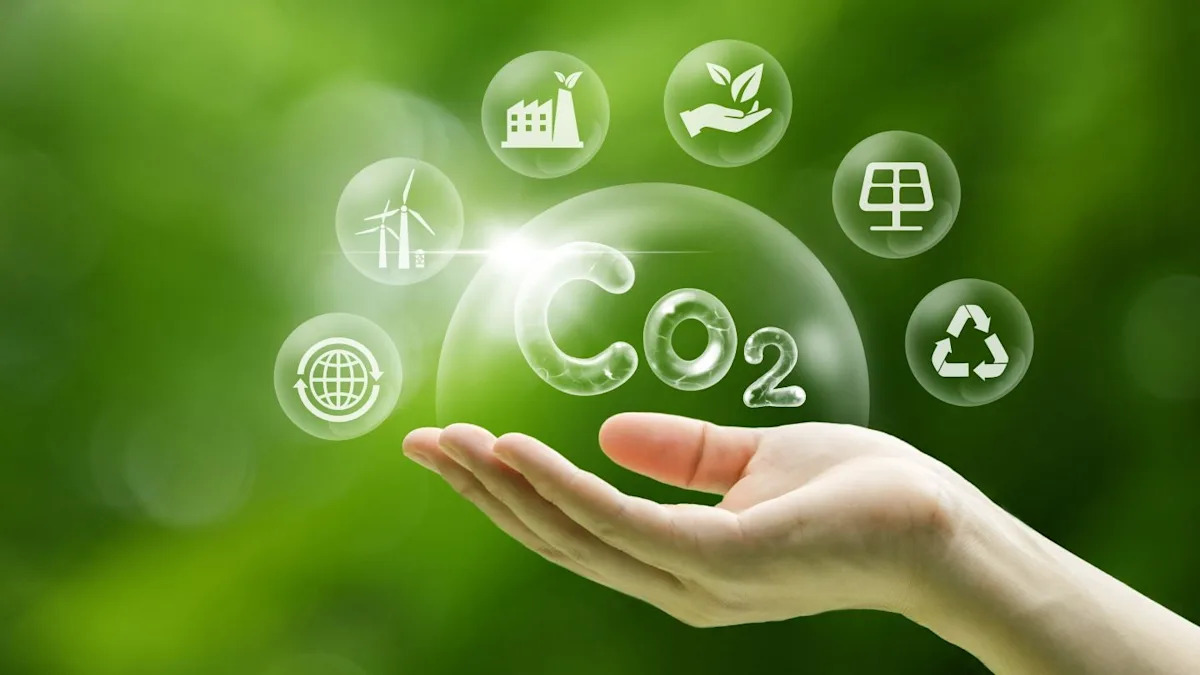Home / Environment / Philippines Launches Carbon Credit Framework for Energy Sector
Philippines Launches Carbon Credit Framework for Energy Sector
17 Oct
Summary
- Philippines DoE introduces first carbon credit regulations for energy sector
- Aims to reduce emissions, attract clean energy investments, and enable carbon trading
- Policy promotes transparency, accountability, and environmental integrity

On 23 September 2025, the Philippines Department of Energy (DoE) has introduced the nation's first set of regulations for carbon credits within the energy sector. This initiative, formally issued on 10 October 2025, aims to reduce greenhouse gas emissions, attract investments in clean energy, and prepare the country to engage in international carbon trading markets.
The policy framework, outlined in Department Circular No. DC2025-09-0018, serves as the DoE's primary tool to guide energy stakeholders, especially those in the private sector, in tapping into carbon finance. It aligns sector actions via a specialized DoE Task Force on Energy Carbon Credits and promotes transparency, accountability, and environmental integrity.
The circular ensures that projects produce genuine emission reductions aligned with international best practices and national policies. It also prevents double counting and sets clear rules for the ownership, use, and transfer of carbon credits. Within this framework, a carbon credit certificate (CCC) will represent a reduction of one tonne of carbon dioxide equivalent, capable of undergoing both national and international verification and authorization processes.
The Philippines seeks to engage in bilateral or multilateral trade of carbon credits with nations such as Singapore, Japan, and various European countries. These collaborations are expected to facilitate the exchange of best practices and the development of high-integrity carbon markets, ultimately supporting the country's energy transition and low-carbon future.



